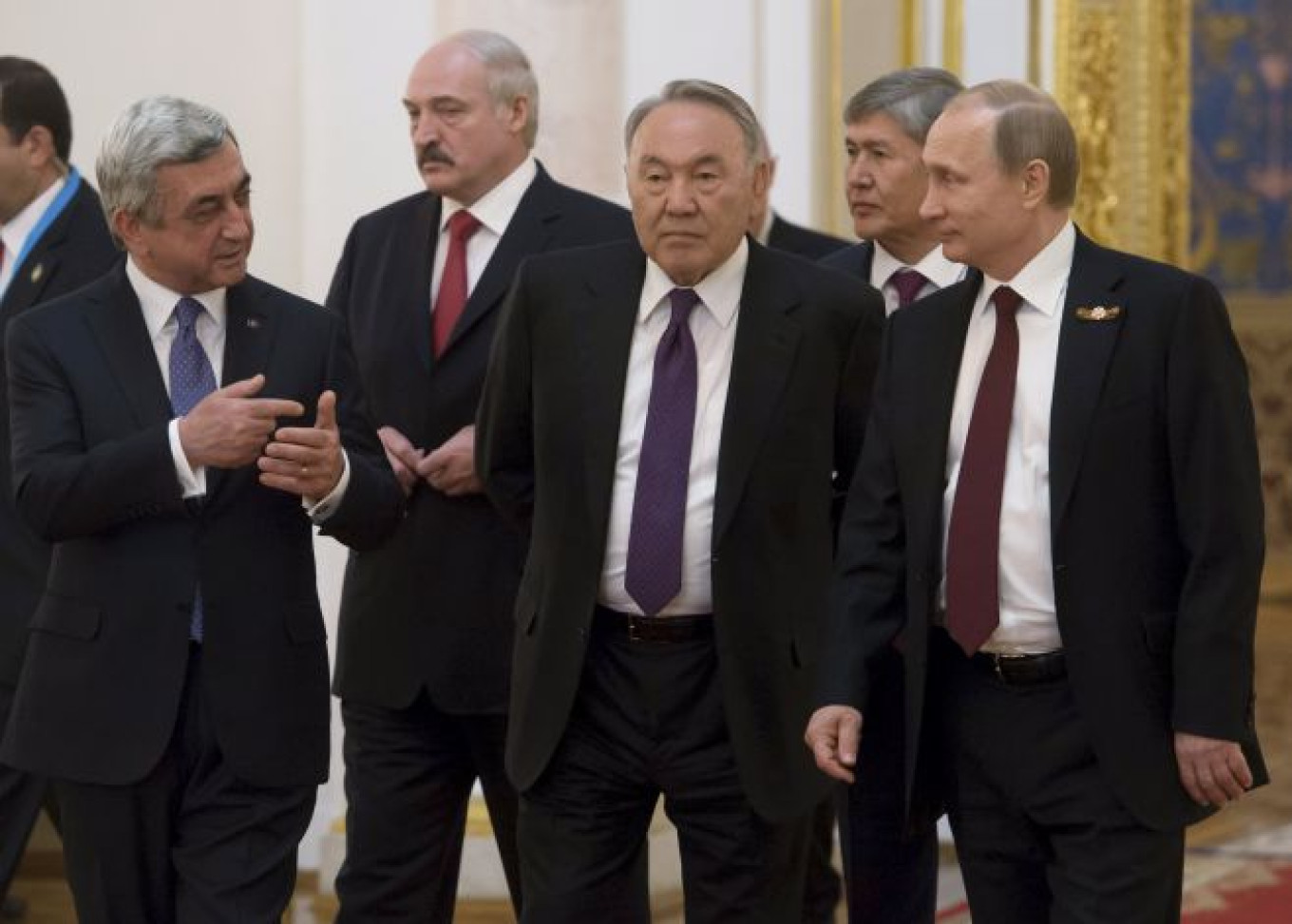Re: Eurasian Customs Union
Well said
It will take time but we have come a long way in two decades and if we keep our priority straight there is nothing we cant achieve.
I am not pro Russian or pro West......I am pro Armenian.
Originally posted by Shant03
View Post
It will take time but we have come a long way in two decades and if we keep our priority straight there is nothing we cant achieve.
I am not pro Russian or pro West......I am pro Armenian.







Comment